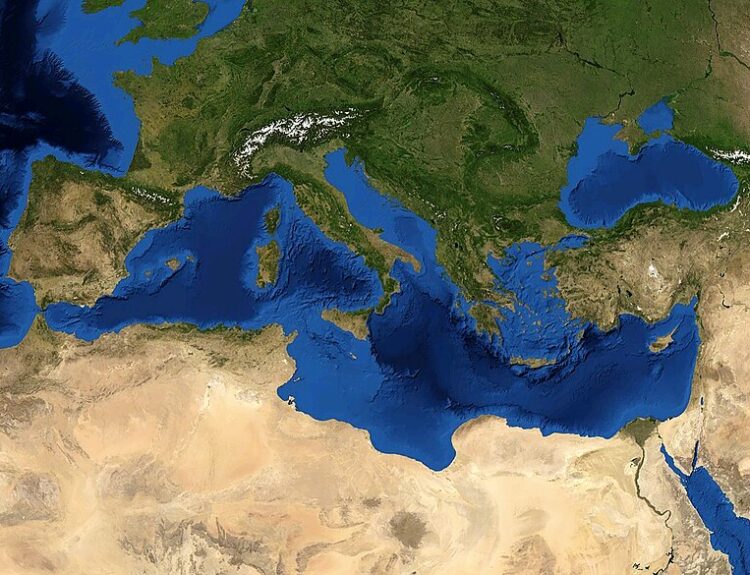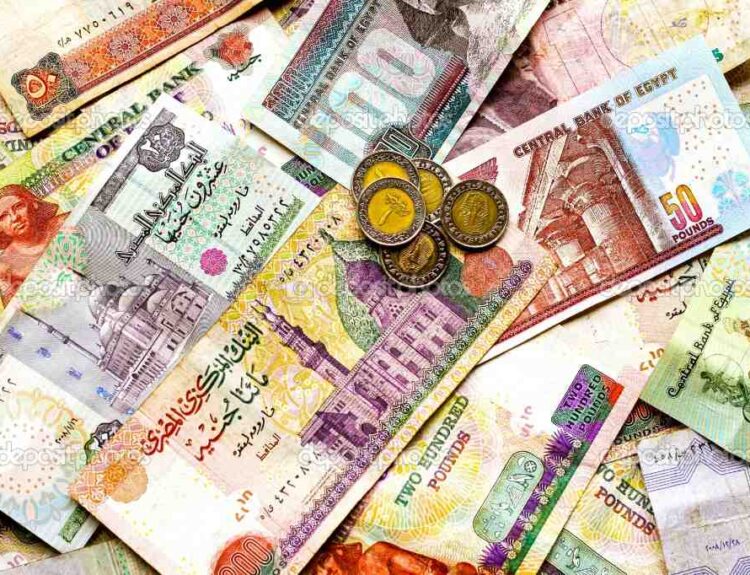Save money and help save the environment by recycling oyster shells
- Restaurants can save money on trash collection by recycling oyster shells
- Recycling oyster shells helps restore waterways and protect shorelines
- Some states offer tax incentives for restaurants that recycle oyster shells
- Shell-recycling programs exist but many restaurants are not aware of them
Restaurants that recycle their oyster shells can save money on trash collection while also contributing to the restoration of waterways and the protection of shorelines. Oyster shells, when properly recycled, can become the foundation for oyster reefs that provide habitat to marine life and reduce flooding. Despite the existence of shell-recycling programs, many restaurants are not aware of them and do not participate. However, some states, such as Louisiana and Maryland, offer tax incentives to restaurants that recycle oyster shells. These tax credits can amount to significant savings for restaurants. For example, one restaurant in New York has saved about $10,000 on trash pickup since it started recycling oyster shells. Overall, recycling oyster shells is a win-win situation for restaurants, as it helps them save money and contribute to environmental conservation.
Factuality Level: 8
Factuality Justification: The article provides detailed information about the process of recycling oyster shells, the benefits of shell recycling, and the impact on the environment. It includes quotes from restaurant owners and nonprofit managers involved in the recycling programs, as well as specific examples of tax incentives offered in different states. The article is well-researched and presents facts about the importance of oyster shell recycling.
Noise Level: 3
Noise Justification: The article provides a detailed and informative look at the process of recycling oyster shells and the benefits it brings to the environment. It includes insights from restaurant owners, nonprofit managers, and government initiatives, offering a comprehensive view of the topic. However, some parts of the article, such as the detailed process of shell recycling and tax incentives in different states, may be considered less relevant to a general audience.
Financial Relevance: No
Financial Markets Impacted: No
Presence Of Extreme Event: No
Nature Of Extreme Event: No
Impact Rating Of The Extreme Event: No
Rating Justification:
Private Companies: Crave Fishbar,Billion Oyster Project,Coalition to Restore Coastal Louisiana,Clesi’s Restaurant & Catering,The Local Oyster
Key People: Brian Owens (Owner of Crave Fishbar), Sonya DiCarlo (Co-owner of Clesi’s Restaurant & Catering), Nick Schauman (Owner of The Local Oyster), Charlotte Boesch (Shell-collection program manager at Billion Oyster Project)
 www.wsj.com
www.wsj.com 





